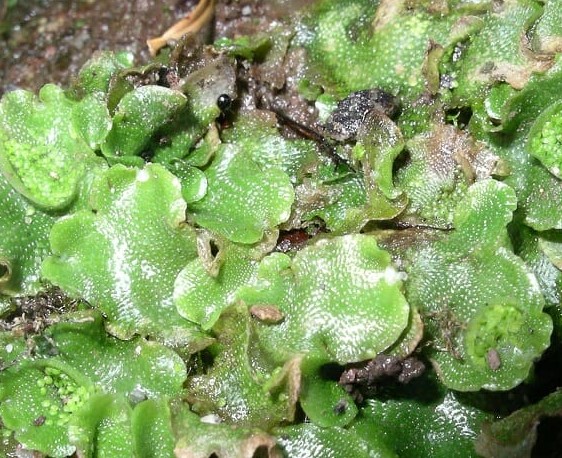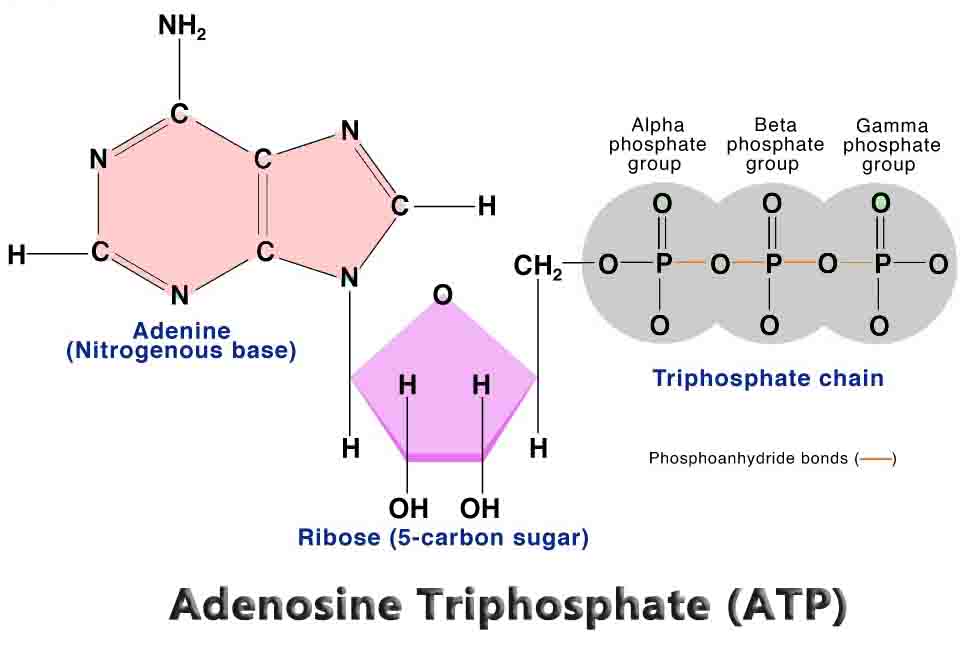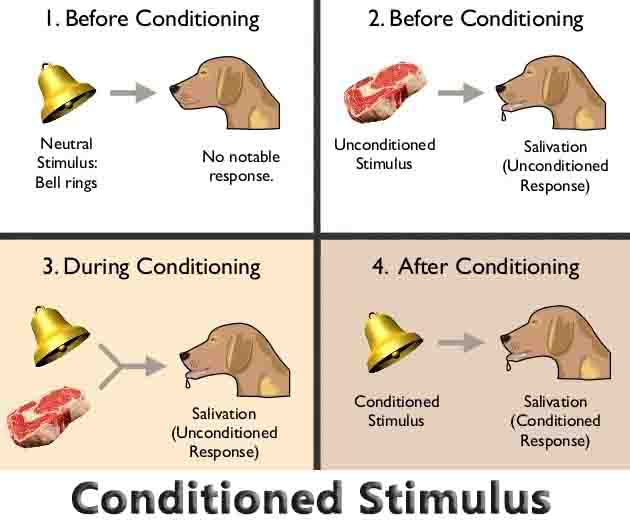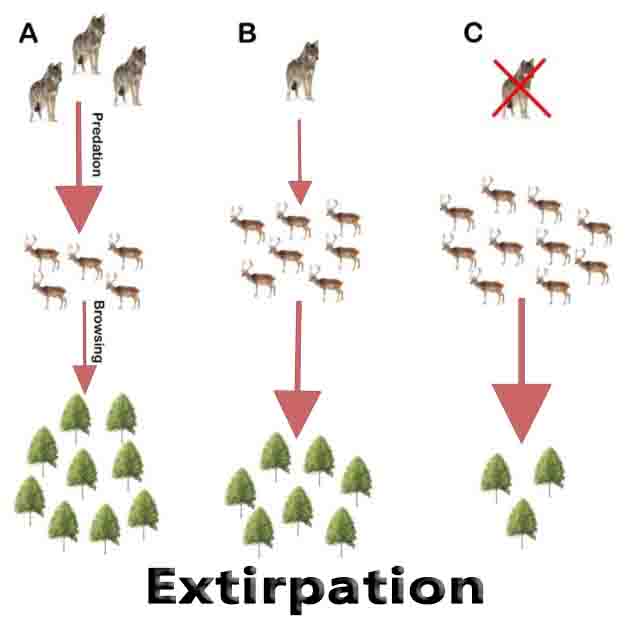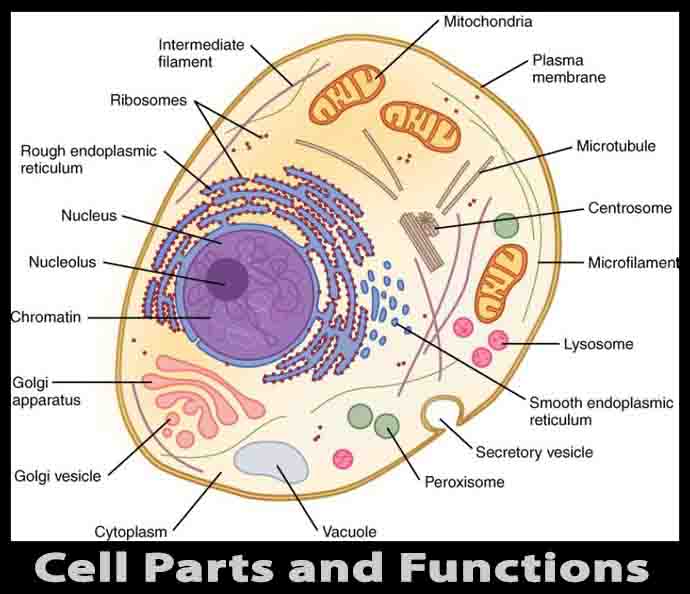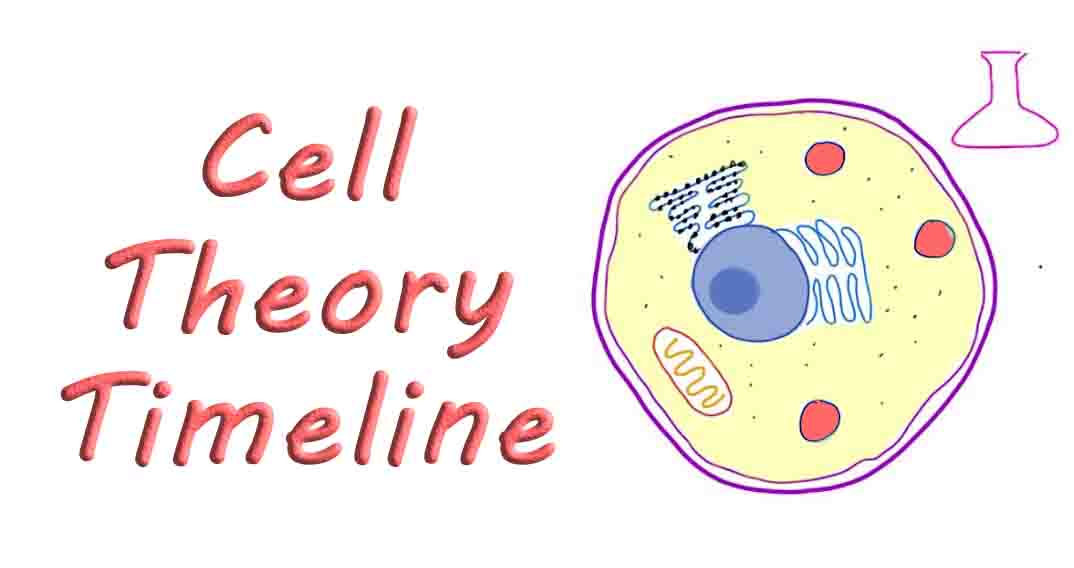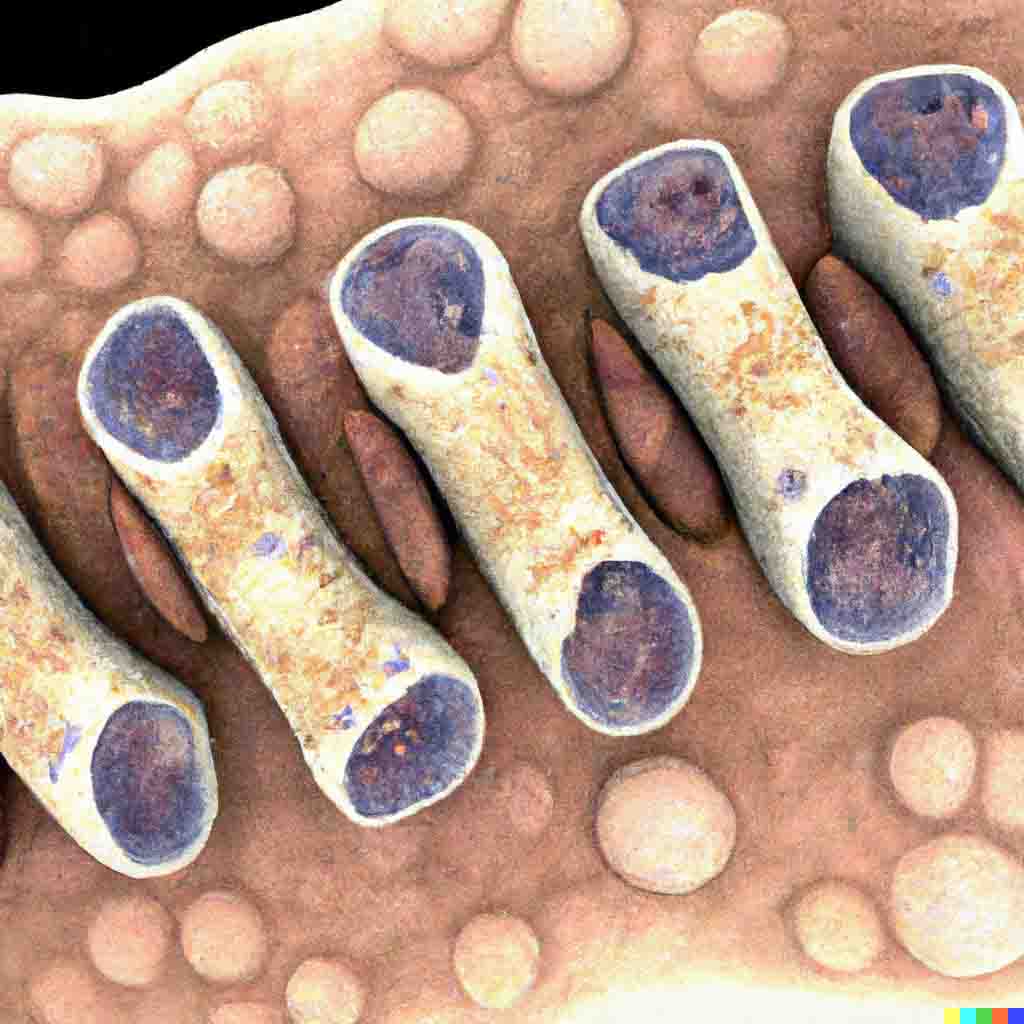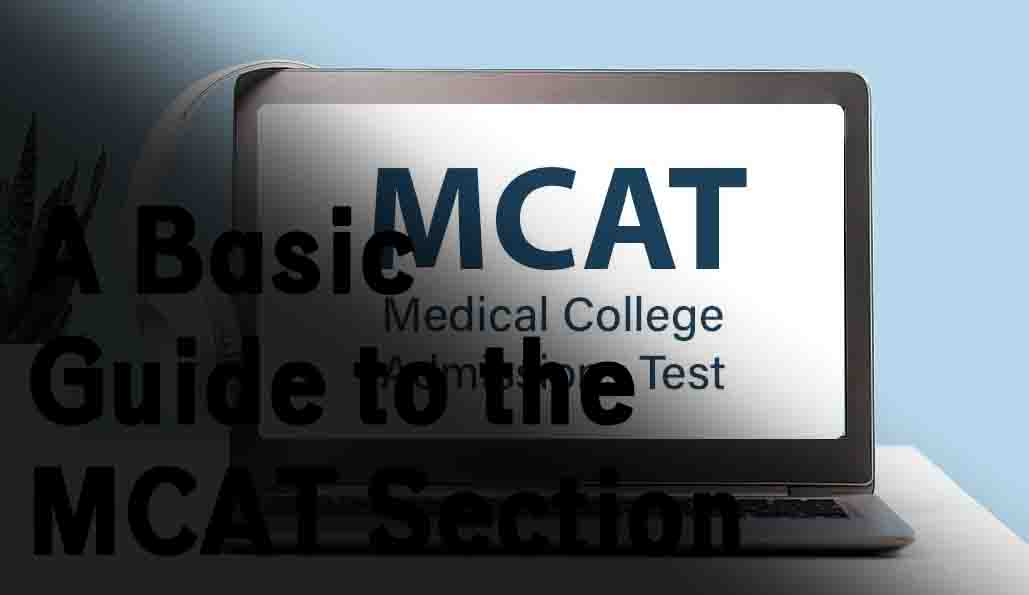Nonvascular Plant
Nonvascular Plant Definition Species of plants without specialized vascular tissues are nonvascular plants. It includes everything from higher-structured forms of green algae with plant-like characteristics to mosses (Bryophyta), liverworts (Marchantiophyta), and hornworts (Anthocerotophyta). Nonvascular plants are those that live both on land and in marine environments. Lifecycle of a Nonvascular Plant All plants and some … Read more

